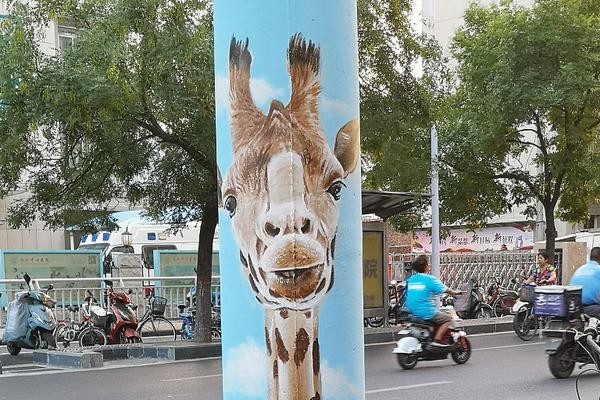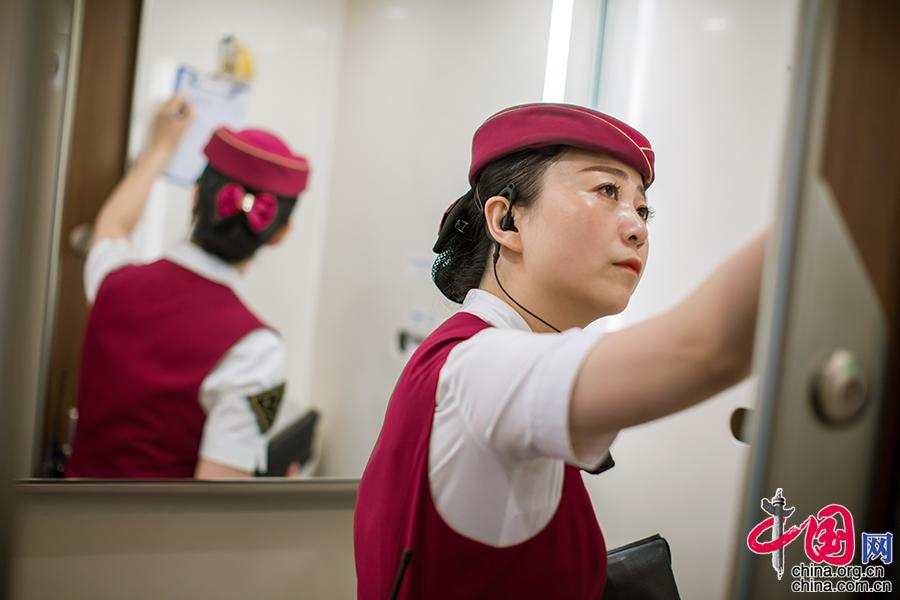功能和顏值糾結不斷?快來看看藍炬星J5C集成灶
- 2023-01-23 11:34:55
- 開云體育app官方網站

Peter Moller, fourth from left, attorney and co-founder of the Danish Korean Rights Group, attends a press conference with a group of Korean adoptees in front of the Truth and Reconciliation Commission in Seoul, South Korea, Nov. 15. AP-Yonhap
Nearly 400 Koreans adopted as children by families in the West have requested Korea's Truth and Reconciliation Commission investigate their adoptions through Friday's application deadline, as Seoul faces growing pressure to reckon with a child export frenzy driven by dictatorships that ruled the country until the 1980s.
The commission said Thursday it decided to investigate 34 cases among the 51 adoptees who first submitted their applications in August, which could possibly develop into the country's most far-reaching inquiry into foreign adoptions yet.
A total of 63 adoptees from the United States, Europe and Australia submitted applications to the commission Friday, claiming their adoptions were marred by falsified documents that laundered child statuses or identities as agencies raced to send thousands of children abroad each year.
The adoptees accused agencies of fabricating documents to ensure their adoptability, such as falsely registering them as orphans when they had living relatives or switching their identities with other children, which have resulted in lost connections or false reunions with birth relatives.
Similar issues have been raised by many of the 306 adoptees who previously submitted applications in past months, as they called for the commission to pressure agencies into fully opening their documents and to establish whether the government was responsible for the corrupt practices.
Most of the applications were filed through the Danish Korean Rights Group, led by adoptee attorney Peter Moller, who during a news conference Friday called for Korean officials to take active steps to prevent agencies from concealing or destroying records.
Peter Moller, co-founder of Danish Korean Rights Group (DKRG) speaks during an interview with The Korea Times at the newspaper's office in Seoul, Sept. 30. Korea Times photo by Shim Hyun-chul
''It's a big, great concern because now the clock is ticking,'' Moller said. ''They are going to do the investigation, either taking 30 or 50 (cases) at a time. And we have great concern (agencies) will hide the documents.''
The commission's officials say the investigation will almost certainly widen as it believes the evidence is clear that adoptions were facilitated through falsified documents that laundered child statuses or identities. The commission will review whether to accept the applications received after August in the coming months and may fuse the cases it sees as similar to speed up the inquiry.
The 34 adoptees whose cases were accepted by the commission had been placed through Holt Children's Services and the Korea Social Service. The commission's investigation would also eventually include the Eastern Social Welfare Society and Korea Welfare Services if it accepts the cases submitted Friday by adoptees in the United States, Australia and Sweden.
Jasmine Healey, who represents a group of adoptees sent to the United States and Australia through Eastern, said it has been common for Eastern adoptees to discover they were made into fake ''paper orphans'' by the agency in order to facilitate their adoptions overseas.
There were also cases where Eastern supposedly deceived the adoptees' biological families, who never gave consent to their adoptions, or adoptees growing up with the identities of another child, which has led to some being reunited with the wrong family.
''The lifelong impacts of these injustices on adoptees, their Korean families and adopted families cannot be understated,'' Healey said.
''The inability to know who you are, who you belonged to, where you came from, to be cut off from knowing your family history, which is such a strong pillar of identity, the consequences of this could be dire or sometimes devastating for adoptees.''
Eastern did not immediately respond to requests for comment.
About 200,000 Koreans, mostly girls, were adopted overseas during the past six decades, mainly to white parents in the United States and Europe.
The agencies were run by board members close to military leaders, who saw adoptions as a tool to reduce the number of mouths to feed and to remove the socially undesirable, including children from unwed mothers or poor families.
Adoptions were also aimed at deepening ties with the democratic West amid a fierce regime competition with rival North Korea, according to the military governments' documents obtained by AP. (AP)


